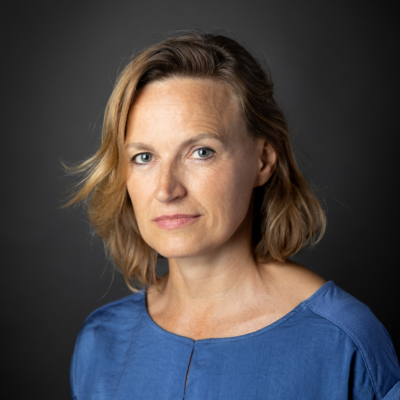Bea Bodrogi

- Expert Advisor
Biography
Bea Bodrogi is a human rights lawyer, researcher, and trainer. Bea obtained her LLM degree from the London School of Economics (LSE) in human rights, anti-discrimination law, and alternative dispute resolution (ADR). She is a member of the Hungarian Bar Association.
As a practicing lawyer, she provides legal representation to victims of different forms of discrimination, NGOs, journalists, persons who shape public opinion, and anyone whose freedom of expression has been unjustifiably limited. She is responsible for landmark cases before national and international forums in the fields of right to equality, right to privacy, and right to freedom of expression. In 2006, Bea won the first employment discrimination case in Hungary on behalf of two Romani women. In the same year, she was involved in the work to challenge the coercive sterilization of Romani women. As a legal representative, she contributed to the ground-breaking judgement of the CEDAW Committee. The decision’s impact had implications throughout the Central and East European region. In a recent case before the European Court of Human Rights, she represented a transgender man. The Court found that Hungary violated his right to privacy because of the lack of regulation of legal gender recognition In Hungary.
Since 2012, her professional focus moved to press freedom and freedom of expression issues. She is the lawyer of three independent media outlets in Hungary: Telex, Direct36 Investigative Journalism Centre, and Radio Free Europe.
Besides litigation, she participates in research and writes studies, articles, and country reports on media freedom issues for international organizations such as Article19 and International Press Institute (IPI). Her recent study covers the SLAPP situation in Hungary. She is a member of the expert group against SLAPP of the European Commission.
She provided several trainings on the international standards of freedom of expression and hate speech for judges, human rights commissioners, journalists, and human rights activists in Malaysia, Indonesia, Serbia, Croatia, and Hungary.
